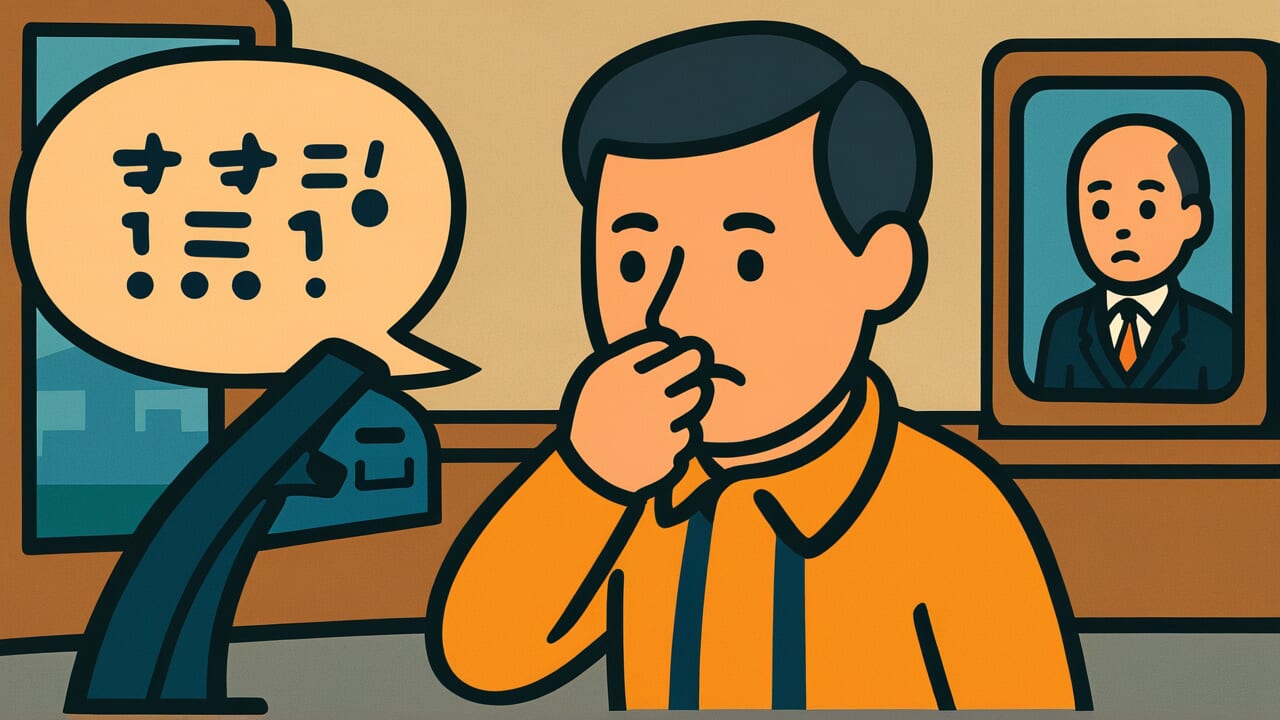How to Read “What you have, you dislike; what you wish for, you cannot achieve”
Aru wa iya nari, omou wa narazu
Meaning of “What you have, you dislike; what you wish for, you cannot achieve”
This proverb reveals the essence of human dissatisfaction. We cannot feel satisfied with what we already have. Instead, we find fault with it and feel displeased.
At the same time, what we truly want remains out of reach. This double frustration is a constant part of human nature.
People use this saying when pointing out greed or dissatisfaction in themselves or others. For example, when someone complains about what they finally obtained while wanting something else entirely.
This expression captures something fundamental about human nature.
This psychology remains unchanged in modern times. You buy a new smartphone but soon find flaws and want the next model.
You feel unhappy with your current job but cannot land the career you truly desire. These situations perfectly illustrate what this proverb describes.
This expression helps us look at our own minds objectively. It serves as a reminder to examine our constant dissatisfaction.
Origin and Etymology
No clear written records document the origin of this proverb. However, the structure of the phrase offers interesting insights.
The contrast between “have” and “wish for” forms the core of this saying. “Have” represents what you actually possess. “Wish for” represents what you desire in your heart.
This contrasting structure sharply captures human psychology.
The classical term “iya nari” differs slightly from the modern word for “dislike.” It conveys more than simple aversion.
It includes feelings of boredom, dissatisfaction, and inadequacy. The phrase expresses discontent with what you have obtained.
Meanwhile, “narazu” indicates that wishes do not come true. Combining these two elements reveals the contradictory nature of human psychology.
This proverb likely passed down among common people from before the Edo period. It accurately describes everyday emotions that people naturally experience.
The saying probably emerged spontaneously and spread widely. Rather than originating from a specific book or person, it represents wisdom refined through generations of daily life.
Usage Examples
- You finally transferred to your desired department but only complain, and now you want a different job. That is truly “What you have, you dislike; what you wish for, you cannot achieve.”
- You are full of complaints about your current boyfriend yet cannot meet your ideal person. “What you have, you dislike; what you wish for, you cannot achieve” describes this perfectly.
Universal Wisdom
This proverb reveals a contradiction deeply rooted in the human heart. Why can we not feel satisfied with what we obtain?
The answer is that humans constantly seek “something better.”
This trait has supported human progress in many ways. Civilization advanced because people refused to accept the status quo and kept seeking improvement.
Yet this same trait also traps us in eternal dissatisfaction.
What makes this proverb interesting is that it goes beyond simple criticism. It demonstrates deep understanding of human nature.
By placing “what you have, you dislike” alongside “what you wish for, you cannot achieve,” it reveals the structural problem of human desire.
What you possess loses its shine. What you cannot have appears to glow. This psychological mechanism never changes across time.
Our ancestors understood this aspect of human nature. That is why this proverb serves as both warning and resignation.
Knowing that complete satisfaction is impossible for humans brings a kind of peace. Rather than blaming yourself for dissatisfaction, understanding it as human nature might bring relief.
When AI Hears This
This proverb hides a strange calculation error in the human brain. Prospect theory in behavioral economics proves through experiments that people feel the pain of loss about 2.25 times stronger than the joy of gain.
Losing 10,000 yen hurts more than twice as much as gaining 10,000 yen feels good.
The psychological structure this proverb shows is fascinating. “What you have, you dislike” describes how obtained things become ordinary and turn into objects of dissatisfaction.
Reference dependence explains this mechanism. Human satisfaction depends not on absolute amounts but on changes from a set reference point.
The moment you get a partner brings joy. But that becomes your new reference point. Suddenly that state becomes “normal,” and small complaints feel like large losses.
Meanwhile, “what you wish for, you cannot achieve” represents desires not yet obtained. The brain does not recognize these as losses.
They remain mere possibilities that generate no pain. Small losses like your current partner’s flaws feel psychologically heavier than large potential gains like an ideal you do not have.
This asymmetry explains the contradiction of feeling dissatisfied with the present while chasing new dreams.
Lessons for Today
This proverb teaches the importance of viewing your own mind objectively. When you notice yourself feeling dissatisfied with what you have while chasing what you cannot obtain, pause for a moment.
The key is to consciously cultivate gratitude while knowing this psychological pattern. Make an effort to rediscover the value of what you have obtained.
Look again at the clothes you bought, your familiar workplace, and your current relationships. You will notice good qualities you overlooked before.
You also need courage to release attachment to what you cannot have. Accepting that not all wishes come true is not giving up.
Rather, it is wisdom that lets you focus on what truly matters.
Your life exists in this present moment. Are you chasing future ideals while missing the happiness you have now?
This proverb poses that question to us. Even if perfect satisfaction remains impossible, you can find joy in what you have.
That shift in perspective is the most valuable lesson this proverb offers to those of us living today.



Comments